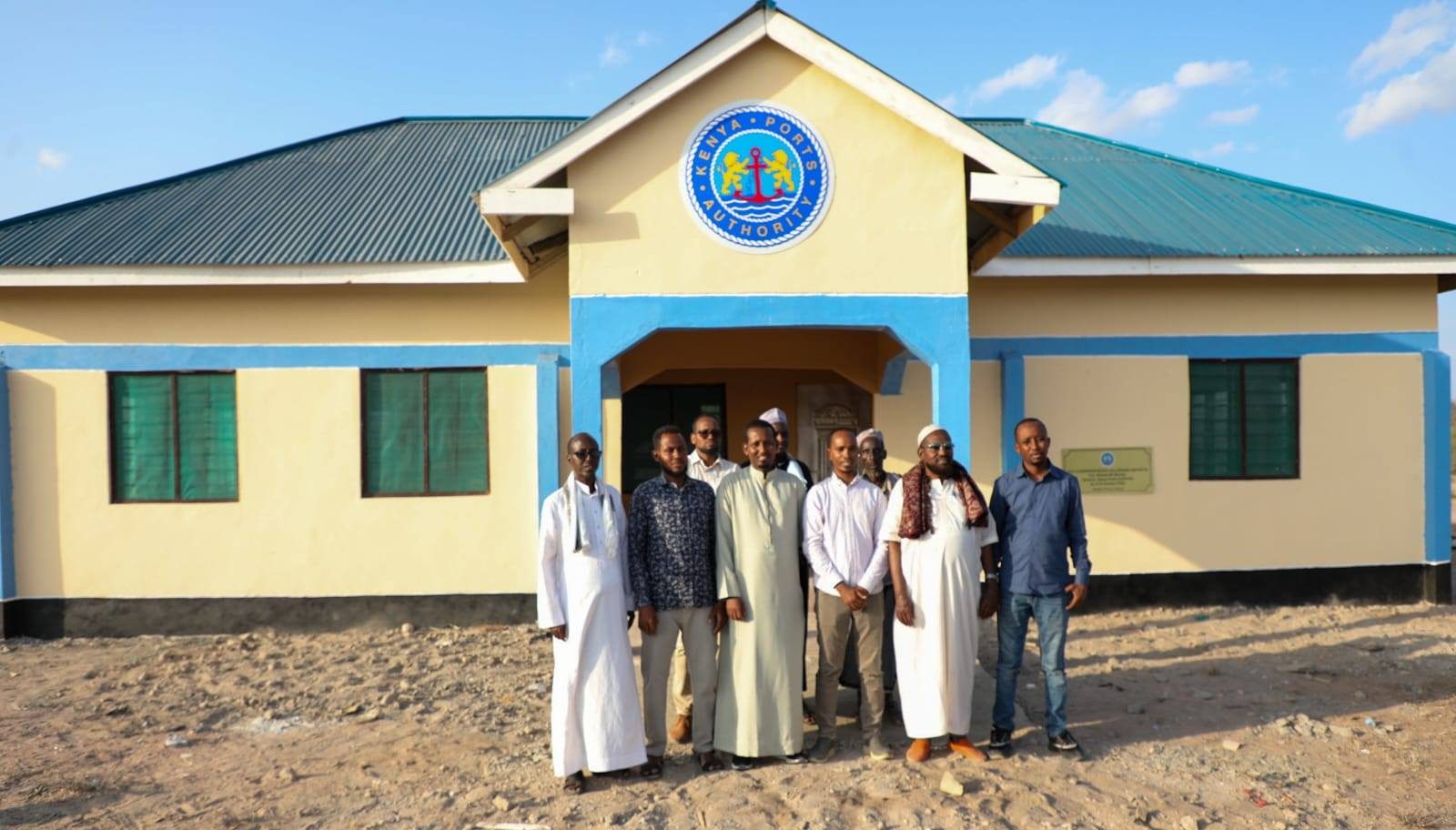A good school isn’t known by her seating capacity but by her sending capacity. In other words, the true measure of a school’s greatness is not in the number of students it admits or the size of its facilities, but in the kind of human beings it nurtures, shapes, and sends into the world. This statement challenges the popular obsession with physical infrastructure, academic grades, and enrollment statistics. It invites us to shift our focus from appearances to impact, from volume to value.
In recent years, education stakeholders have poured millions into constructing larger classrooms, lecture halls, and dormitories. Politicians boast of schools with the capacity to host hundreds, if not thousands, of learners. They commission shiny buildings and unveil plaques with pomp and flair. Parents flock to schools that appear well-endowed and that offer sleek computer labs, manicured lawns, and flashy buses. But amid all this, we must ask the hard question: what kind of graduates are these schools producing? What sort of individuals are they releasing into society? Are they simply consumers of knowledge or active contributors to the betterment of humanity?
True education goes beyond preparing students to pass examinations. It is about moulding character, sharpening vision, nurturing curiosity, and instilling a sense of purpose. A school that sends out self-aware, responsible, ethical, and compassionate citizens does more for society than one that merely prepares students to earn high grades. Our schools must stop being academic factories and instead become launchpads of destiny.
ALSO READ:
Khwisero MP urges senators to approve CDF bill to complete development projects
When we talk about sending capacity, we refer to the ability of a school to send forth students who are ready to engage the world with courage, competence, and conscience. A good school sends students who are not just employable, but dependable. Not just learned, but wise. Not just knowledgeable, but thoughtful. Such schools are rare, but when they exist, their products are evident: men and women who stand for truth, who serve others with integrity, and who see life not as something to be exploited but as a platform for making a positive difference.
The tragedy of modern education is that many schools have lost the plot. They chase numbers, rankings, trophies, and fame, yet neglect the soul of education. They produce exam machines but forget to nurture humanity. They may have sprawling compounds and modern equipment, yet fail to inculcate virtues like honesty, humility, perseverance, and empathy. Some of the most troubling characters in our society today—corrupt officials, dishonest professionals, indifferent leaders—are products of prestigious institutions with impressive infrastructure. But what good is a school that fills seats yet fails to form souls?
Sending capacity is about impact. A school with sending capacity understands that its mission is to prepare students for life—not just for school, not just for exams, but for life in all its fullness and complexity. Life demands more than grades. It demands resilience, teamwork, emotional intelligence, creativity, and above all, moral compass. A student who has all A’s but lacks compassion will be a danger to society. One who excels in science but cheats in small things cannot be trusted with big things.
ALSO READ:
Senate intervenes in KU,KUTRRH stalemate denying medical students training
The measure of a school should be traced in the stories of its alumni. What are they doing in society? How do they live? Do they lead with honor? Do they uplift others? Do they solve problems or perpetuate them? These are the true indicators of a school’s worth. If a school can send out a generation that refuses to give or take bribes, that protects the vulnerable, that stands for justice, and that contributes to the common good, then it is a great school—regardless of whether it had air-conditioned classrooms or not.
A good school does not inflate egos with titles or possessions; it inflames hearts with purpose. It does not just teach what to think, but how to think. It does not just produce workers, but world-changers. It fosters courage in the face of conformity, discipline in the face of distraction, and integrity in the face of temptation. These things cannot be measured by seating capacity, but they define a school’s legacy.
Some of the most impactful people in the world today came from modest schools – some even from mud-walled classrooms. But what those schools lacked in facilities, they made up for in the dedication of teachers, the strength of values, and the power of vision. Their sending capacity was unmatched. Their students left with fire in their hearts and a sense of duty that no textbook can teach.
ALSO READ:
We will use teacher balancing to address shortage in Grade 10, says CS Ogamba
Education is not about filling a pail; it is about lighting a fire. That fire must burn long after the final bell rings and the school gates close. A good school plants seeds of greatness that sprout decades later in boardrooms, hospitals, farms, ministries, labs, and classrooms. A school’s impact should be felt not just in the present, but for generations.
Therefore, as we reflect on what makes a school truly good, let us stop counting chairs and start counting legacies. Let us stop praising buildings and start praising values. Let us stop celebrating quantity and start cherishing quality. For in the end, what matters is not how many students sat in a school, but how many stood up from it and made the world better. That is the true mark of a great school. That is sending capacity.
By Ashford Kimani.
Ashford teaches English and Literature in Gatundu North Sub County and serves as Dean of Studies.
You can also follow our social media pages on Twitter: Education News KE and Facebook: Education News Newspaper for timely updates.
>>> Click here to stay up-to-date with trending regional stories
>>> Click here to read more informed opinions on the country’s education landscape






